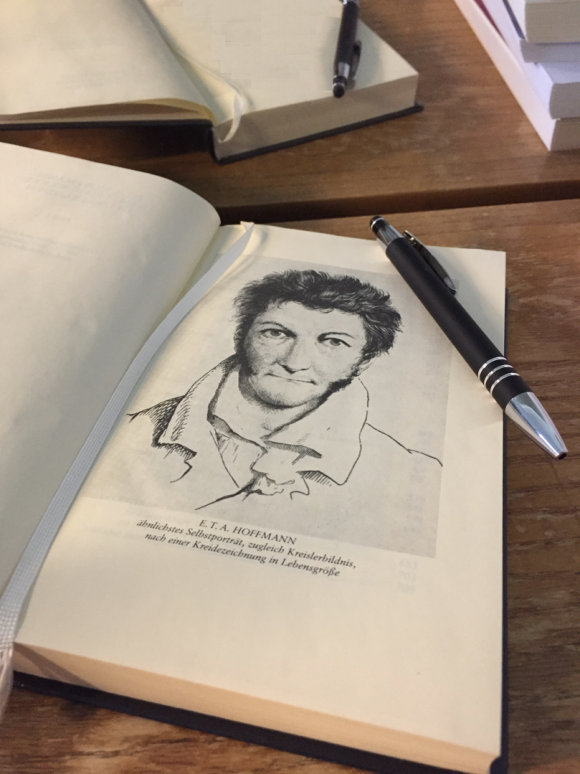If we accept “the mirror of Narcissus” as simply a slogan referring to self-involved obssession with one’s social media “image” (in both senses), we miss much of the depth of the metaphor.

As I have pointed out earlier, there is a tension between the supposed “self-involvedness” in today’s popular notion of “narcissism” (strongly influenced as it is by psychoanalytic theory) and the fact that social-media obsession functions via a psychological reward system based on externals, such as popularity or feedback (both feedback volume and frequency). Let’s now turn to another complication: today’s notion of “narcissism” as self-love, i.e. a conscious exclusion of any other as love object would fit, strictly speaking, the ancient Narcissus not after, but before gazing into the mirror. Initially, Narcissus rejects many lovers (among them Echo, the nymph): “Thus he deceived the Nymph and many more […] and thus he slighted many an amorous youth.” (Ovid, Met. III)
It is this avoidance of all erotic relations to others which then leads to the tragic ensnarement involving the pond and his mirror image. And that love is tragic indeed: it is the only kind of love that cannot be fulfilled in principle. Yet it is a form of love, and since Narcissus (according to the myth) is not aware that its object is his own image, it is a form of other-love, not self-love. What makes this particular form of love unfulfillable is not that it wasn’t directed at an other, it was that it was directed at an insubstantial other: a projection. (When Narcissus realizes this, he despairs and dies.)
The love of Narcissus is genuine other-love, as opposed to simple egoism, but it is directed at an image that has no independent ontological reality. Psychologically, his love is purely projective, in that what he loves is a reflection of an aspect of himself of which he is unconscious.
Murray Stein, Soul: Treatment and Recovery, 21.
But we must be careful not to throw out the baby with the water: for the problem lies not in that the passion which captures Narcissus, eventually, is projective: it’s that it is purely projective. Arguably some kind of projection dynamics is going on in any kind of eros — we cannot avoid that. Buf if, as Narcissus does, we keep away from any erotic relations, projection will reach elsewhere to attach itself. If it ends up attaching itself to an insubstantial image, danger ensues.
According to the interpretation of the myth which Stein considers here, that is precisely the warning it expresses: “The mythologem warns us away from projective experience, as though the disillusionment that follows the realization of projection must inevitably lead to death.” (Ibd., 22. To be clear: this is not Stein’s own interpretation of the myth, but merely one of the various interpretations he considers and discusses in his essay.) If that is what it does, then it falls short of full psychological insight, however: “projection is also a reflection of the unconscious and is an opportunity for enlarging consciousness. The denigration [by the myth] of the value of projective experience, therefore, renders such experience sterile and without psychological value; it is seen simply as foolishness or as a mistake.” (Ibd.) Under this interpretation, the myth thus expresses what Hillman would call the “fallacy of literalism” — and Stein, in practically identical terms, “the failure to move from literalism to a symbolic or psychological attitude.” (Ibd.) Or, to put it differently: if Narcissus’ passion is construed as purely projective (like in the quote above), it may appear dangerous — but the dangers immanent in a purely projective love do not result from its nature as projective, but from the construction of it as purely projective. The warning implied in the myth (under this interpretation) is based on a fallacious construct, rather than psychological insight.
The value of projection as an opportunity for enriching consciousness, or for “bridge-building,” or for psychological reflection is ignored. Projection is seen simply as illusion; insight sees through projection, thereby denuding reality. Reality must be nude of personal trappings, clothing hung there by projection. (Ibd., 22.)



